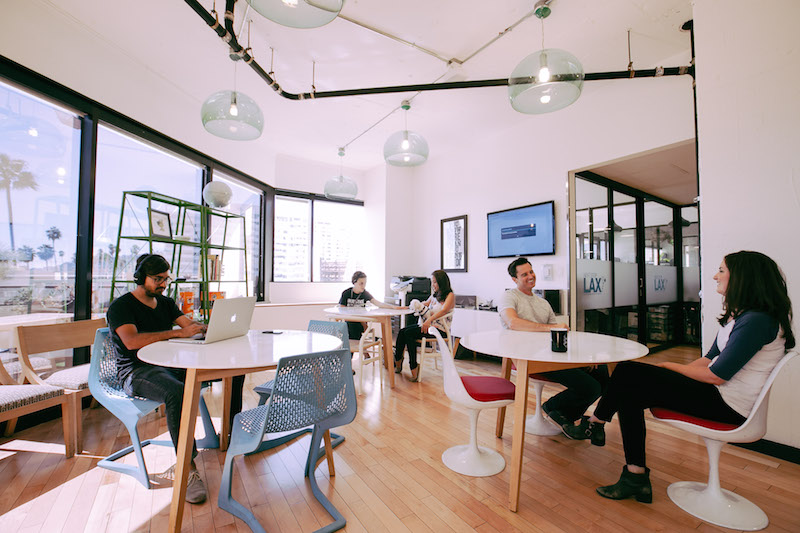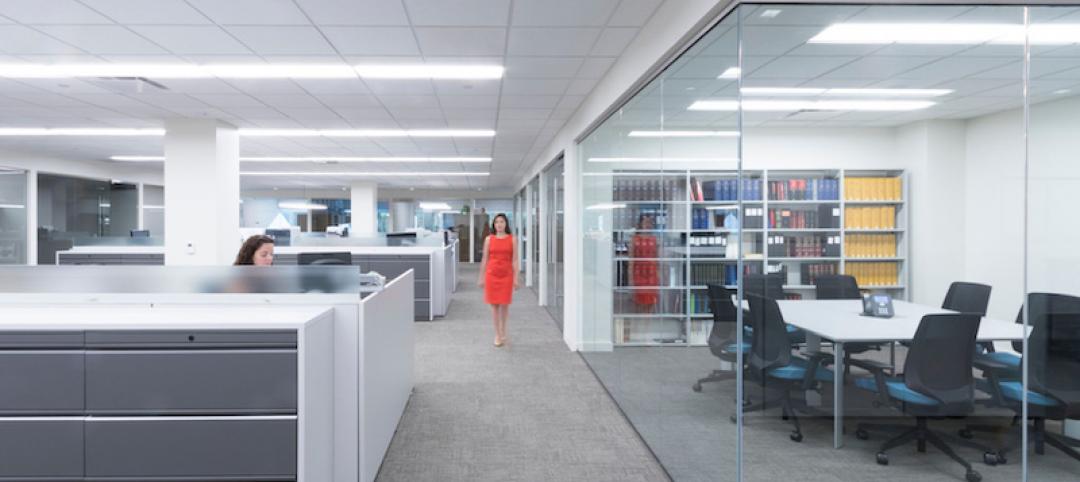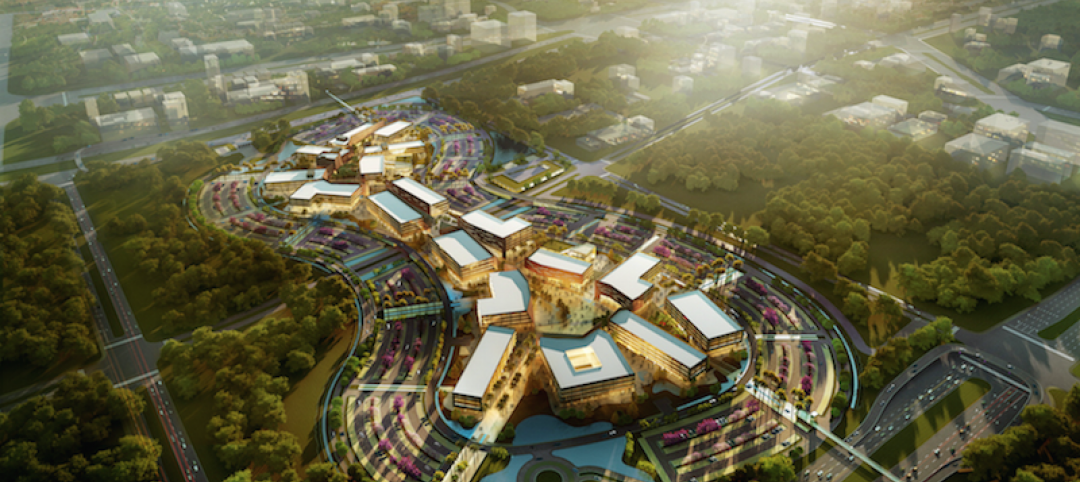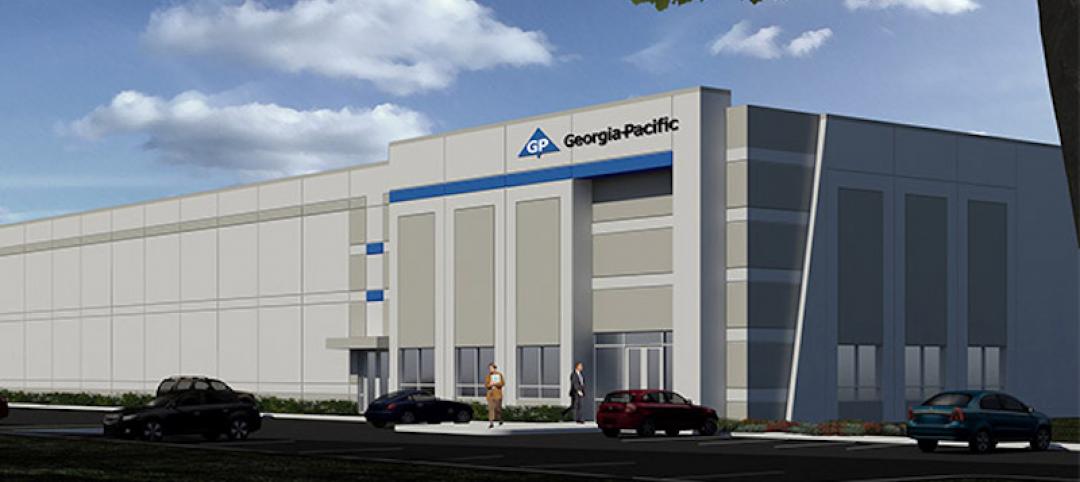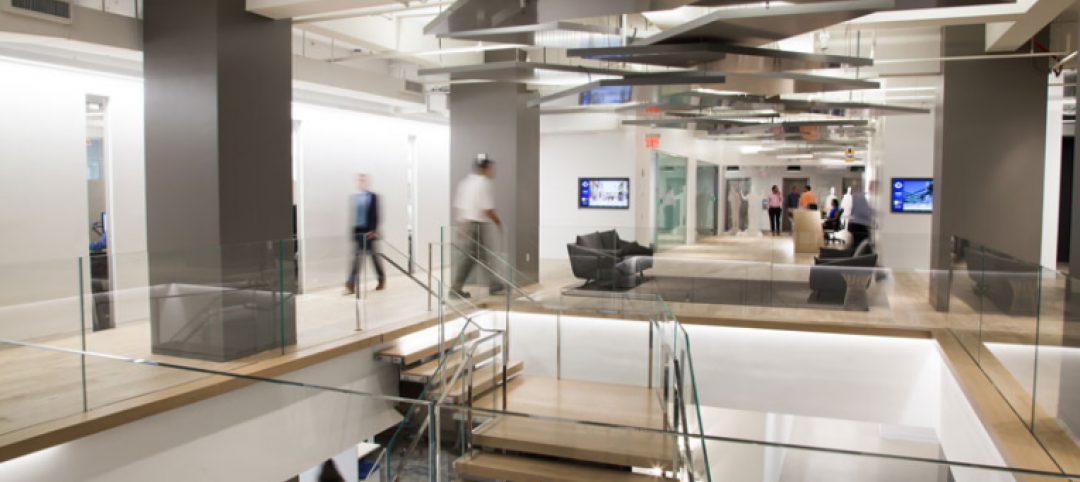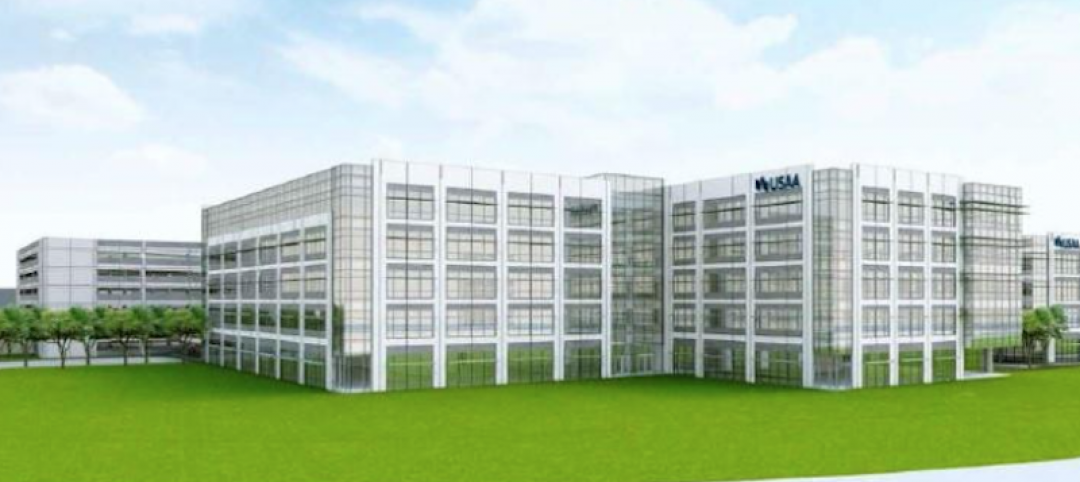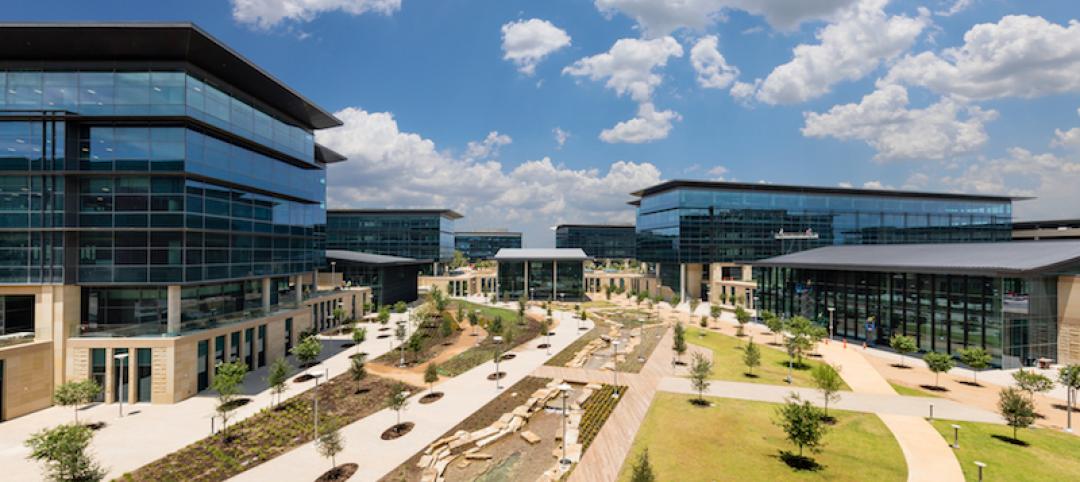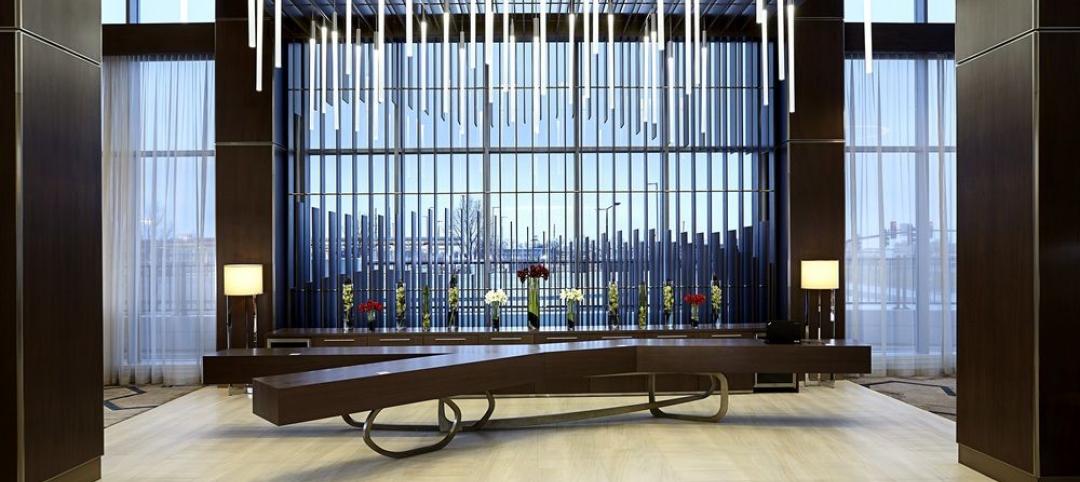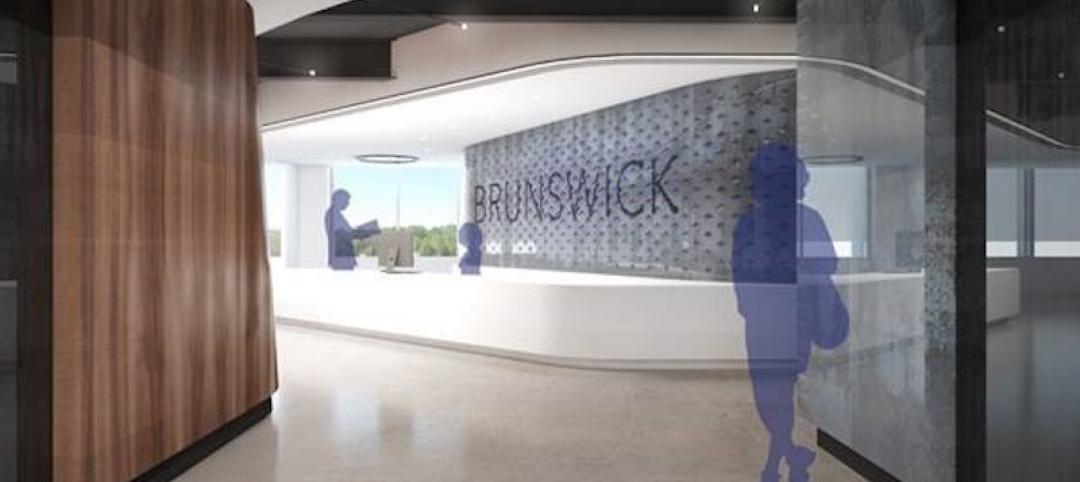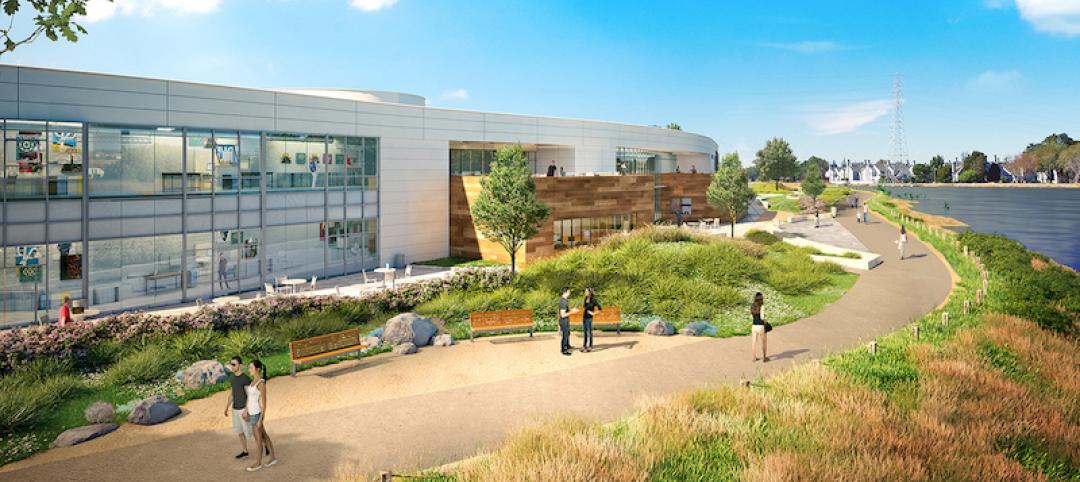WeWork, the New York-based urban workspace designer and redeveloper that’s one of the fastest-growing companies in the U.S., has acquired Fieldlens, a six-year-old producer of construction management applications that allow for more efficient on-site communications.
Most construction projects “are broken social networks,” says Doug Chambers, Fieldlens’ founder. His company’s app helps make a jobsite environment more like Facebook or a social feed, where everyone on site is communicating in real time, all the time.
An example Chambers gives is a project manager who is walking a site, and using the app on his smartphone to send observations, pictures, confirmations, and directives to other crew members. Chambers says that on one jobsite in Buffalo, N.Y., the Fieldlens app is facilitating 1,000 interactions per day, on average, among the 80 to 100 workers on site.
“Fieldlens lets people get back to work,” and not get bogged down on a lot of administrative and paperwork duties, says Chambers.
For the past two years, WeWork has been one of Fieldlens’ biggest customers. And its use has “ramped up pretty rapidly” over the past six months, says Chambers, as WeWork “has grown like crazy.”
Founded in 2010, WeWork currently has more than 120,000 members globally working out of 149 locations in 45 cities in 13 countries. WeWork so far has redeveloped more than 8 million sf of space to coworker offices. It is about to expand into India and Colombia.
In a recent blog, WeWork’s Chief Product Officer David Fano said the company is opening between five and 10 new locations a month. “And we’ve only begun to scratch the surface of global demand.” The company has also recently expanded into co-living redevelopment.
“WeWork is a train moving at 200 miles per hour,” says Aaron Fritsch, WeWork’s head of product systems and operations. “We’re a mission-driven company, and what we love about Fieldlens is how it’s focused on changing and improving the industry. It saw that there’s a better way that [project management] could be done.”
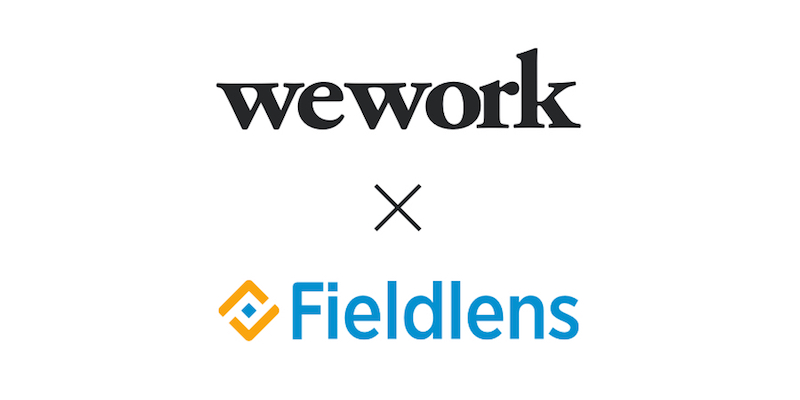
WeWork had been one of Fieldlens' biggest customers before it acquired the six-year-old company this month. Image: WeWork
Fano said that WeWork is “obsessed by the intersection of technology and the construction industry.” And among the things that Fieldlens’ app brings to the table, says Fristch, is a continuous feedback loop that bridges the communications gap that too often separates not only jobsite personnel, but also designers and facilities managers.
As a single company WeWork and Fieldlens will continue to develop and refine construction tools that are made available to the industry at large. “As part of WeWork, we’ll have more resources to continue to focus on our goal of making the work-lives of construction professionals more efficient,” says Chambers.
Related Stories
Office Buildings | Sep 27, 2017
Gensler designs New Jersey law firm’s new headquarters space
The HQ occupies 75,000 sf in a 400,000-sf suburban office building.
Mixed-Use | Sep 26, 2017
Perkins+Will designs new international business community in Cali, Colombia
The new free trade zone is designed to resemble a small village.
Office Buildings | Sep 20, 2017
Five Stantec offices move into one Fifth Avenue location
The new location provides the firm with 40,000 sf of space.
Industrial Facilities | Aug 29, 2017
Clayco completes construction on Georgia-Pacific Distribution Center
The new facility expands on the company’s old distribution facility by over 300,000 sf.
Green | Aug 24, 2017
Business case for WELL still developing after first generation office fitouts completed
The costs ranged from 50 cents to $4 per sf, according to a ULI report.
Market Data | Aug 20, 2017
Some suburban office markets are holding their own against corporate exodus to cities
An analysis of mortgage-backed loans suggests that demand remains relatively steady.
Office Buildings | Aug 17, 2017
Toyota’s new North American HQ opens in Plano
Toyota invested $1 billion in the project, which was designed by Corgan.
Lighting | Aug 2, 2017
Dynamic white lighting mimics daylighting
By varying an LED luminaire’s color temperature, it is possible to mimic daylighting, to some extent, and the natural circadian rhythms that accompany it, writes DLR Group’s Sean Avery.
Office Buildings | Aug 1, 2017
Corporate values as workplace drivers
Connecting personal values to company values is important to millennial workers.
K-12 Schools | Aug 1, 2017
This new high school is the first to be built on a tech company’s campus
Design Tech High School, located on Oracle Corporation’s Headquarters campus, will span 64,000 sf across two stories and have a capacity of 550 students.


